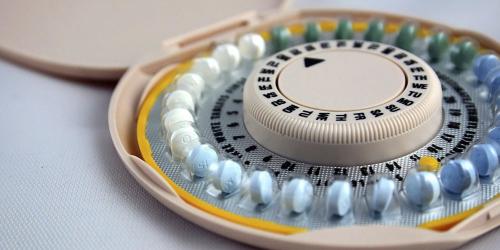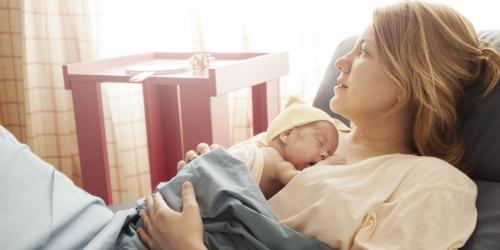What woman was not a little lost when making an appointment with a gynecologist in a foreign country? Idem concerning access to certain specific drugs such as the pill ...
Now all globe-trotters and expatriates can count on Gynopedia.org , the first participatory encyclopedia dedicated to women's health and sexuality around the world.
Launched in July 2016 by Ilana Fried, an American teacher based in Hanoi, this 100% female Wikipedia is already a huge success.
A desire to accompany all women around the world
With Gynopedia, the creator of the site wants to provide women with valuable help and answers to their sometimes very intimate questions, whatever the country in which they are.
When I started to prepare for my travels, I realized that I had no idea how I could have a contraceptive pill in the twelve Asian countries we planned to visit.
"And it was just the tip of the iceberg (...) What if I got pregnant? So I remembered that when I lived in Turkey, I was never able to get a full review of STIs, which was extremely frustrating. Later, when I lived in New York, I found myself without insurance and needed a gynecologist. On many occasions, I needed advice from the local population and I did not have any online resources. It made me furious, but very inspired. And that's how Gynopedia was born. She says on her website.
Ilana Fried wants Gynopedia to address all women without any discrimination: "Gynopedia provides practical information, without judging the destination, so let's say you want to buy tampons in Seoul, or find a LGBTQ-friendly gynecologist at Bangkok, or if you need the morning after pill in Lima, well, Gynopedia is the resource for you. "
Collaborate in the dissemination of a qualified health info
Each woman can become a collaborator of the site by participating in the development of the cards and by sharing his good plans and good addresses.
To find information, simply enter the name of the city in which you are (for the moment the site has 67 in 48 different countries).
Each sheet is then divided into ten categories: contraception, emergency contraception (morning-after pill), sexually transmitted infections / diseases (STI / STD), medications (fungal infections, urinary tract infections, etc.), menstruation ( pads, towels), gynecological examinations, pregnancy, abortion, advocacy for women, counseling and a list of resources. The different topics are then divided into three sub-sections: laws, social stigmatization, what we are looking for, where to get it and its cost.
An initiative that can only applaud!




